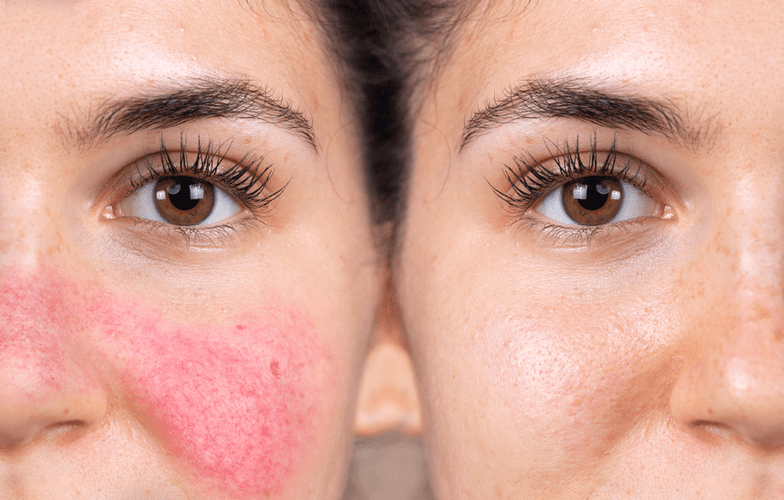The first step in overcoming addiction involves deciding to make a change. From there, preparing, planning, finding support, and talking to a healthcare provider can help put you on a path to a successful recovery. If you have an underlying mental health problem, such as anxiety or depression, it could worsen during the withdrawal phase. Healthcare providers can be very supportive and helpful while navigating these challenges. For example, a person who is trying to quit smoking would start by deciding whether they are going to stop smoking cold turkey or gradually reduce their nicotine use.
- A person in recovery for drug addiction looks out from a substance abuse treatment center in Westborough, Mass.
- Use this Toolkit to learn more about what SAMHSA is doing to support people in recovery and how to share this information with your audiences.
Avoid Old Routines and Habits
One widely used model can be summed up in the acronym CHIME, identifying the key ingredients of recovery. 50.2 million American adults considered themselves to be in recovery from their substance use and/or mental health problems. Work with your health care provider to learn about your options.
- Be upfront about your history of drug use when seeking medical treatment.
- The importance of social support goes beyond building resilience and addiction recovery.
- Intensive support is often needed for recovery from addiction.
- By sharing their stories and lived experience, peers engage others in recovery with a vital sense of belonging, support, and hope.
- In these programs, it’s customary to receive plastic chips as you progress to the one-year mark, at which time you receive a bronze coin.
The Role of Support Systems in Building Resilience

Even simple things like talking to a friend, watching a television show, reading a book, or going for a walk can provide a sufficient distraction while you wait for a craving to pass. Relapse is common, but it can also be dangerous and even fatal in the case Top 5 Advantages of Staying in a Sober Living House of some substances. The risk of dying from an overdose is extremely high if you have been through withdrawal because your tolerance of the drug will be much lower than it was before you quit. Make sure you have someone with you if you decide to use again.
Breaking Down the Stigma of Addiction: A Witness’ Story Through Art
Still, some people in the addiction-treatment field reserve recovery to mean only the process of achieving remission and believe it is a lifelong enterprise of avoiding relapse. Recovery suggests a state in which the addiction is overcome; clinical experience and research studies provide ample evidence. • Developing a detailed relapse prevention plan and keeping it in a convenient place for quick access when cravings hit, which helps guard against relapse in the future. A good relapse prevention plan specifies a person’s triggers for drug use, lists several coping skills to deploy, and lists people to call on for immediate support, along with their contact information. The best way to handle a relapse is to take quick action to seek help, whether it’s intensifying support from family, friends, and peers or entering a treatment program.

- The recovery journey isn’t just for the person with the substance use or mental health issue—it includes everyone who cares about them.
- Preparations include removing addictive substances from your home as well as eliminating triggers in your life that may make you more likely to use those substances again.
- Acknowledging and celebrating the hard work of recovery is helpful for keeping you motivated and reminding you why you took this brave step toward sobriety in the first place.
- You’re more likely to maintain sobriety when faced with life’s challenges.
While relapse is a normal part of recovery, for some drugs, it can be very dangerous—even deadly. If a person uses as much of the drug as they did before quitting, they can easily overdose because their bodies are no longer adapted to their previous https://theohiodigest.com/top-5-advantages-of-staying-in-a-sober-living-house/ level of drug exposure. An overdose happens when the person uses enough of a drug to produce uncomfortable feelings, life-threatening symptoms, or death. Some treat specific conditions, while others work for many different conditions.
